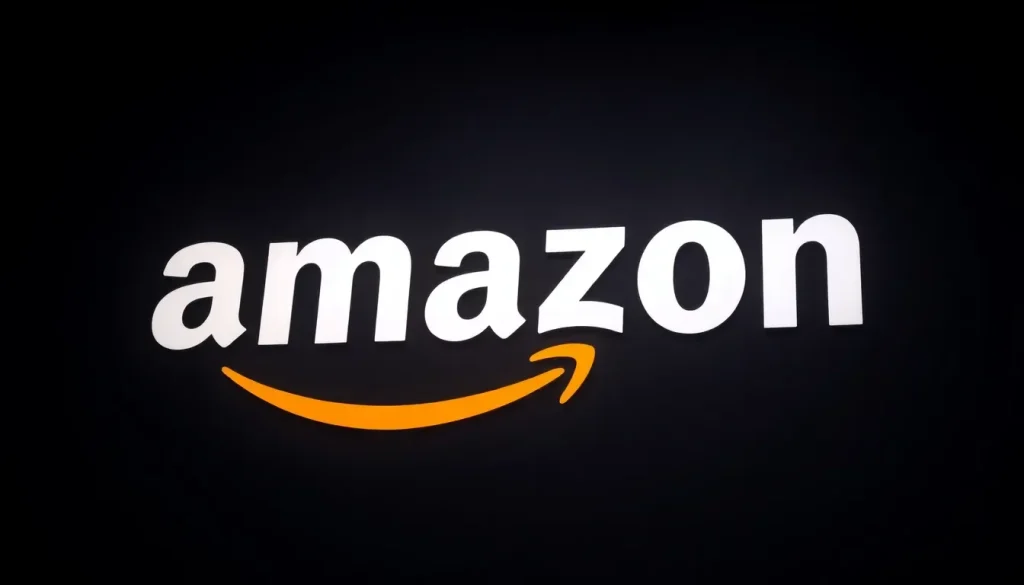Senators allege Amazon used AI to justify layoffs and hire H1-B workers

The ongoing debate surrounding H-1B visas and their impact on the U.S. labor market has intensified, particularly in the wake of mass layoffs in the tech industry. As major companies like Amazon, Meta, and Google conduct layoffs while simultaneously sponsoring thousands of H-1B visa workers, lawmakers are calling for transparency and accountability. This situation raises significant questions about labor practices, immigration policies, and the effects of artificial intelligence on employment.
Understanding the H-1B visa program
The H-1B visa program was designed to allow American companies to employ foreign workers in specialty occupations that require theoretical or technical expertise. Jobs typically covered under this visa category include roles in IT, engineering, and healthcare. However, the program has faced criticism for being exploited, leading to lower wages and job displacement for American workers.
Key features of the H-1B visa program include:
- Eligibility for foreign workers in specialty occupations.
- The visa is valid for three years but can be extended up to six years.
- Employers must demonstrate that they are paying the prevailing wage for the position.
Senatorial scrutiny of Big Tech companies
Recently, Senators Chuck Grassley and Dick Durbin have focused their attention on major tech firms accused of replacing American workers with H-1B visa holders. In their letters to companies like Amazon, Meta, and Google, they requested detailed information about hiring practices, wage disparities, and the rationale behind recent layoffs.
The senators highlighted the disparity between the unemployment rates in the tech sector and the overall jobless rate in the country, expressing concerns that these layoffs coincided with the hiring of foreign workers.
In particular, Amazon has come under fire, sponsoring 14,000 H-1B visas in 2024, a stark contrast to other companies like Microsoft and Meta, which sponsored around 5,000 each. This scrutiny is compounded by allegations that Amazon attributed its mass layoffs to the adoption of generative AI technologies while simultaneously hiring foreign workers.
Impact of layoffs and H-1B visa sponsorship on American workers
The tech industry's layoffs have raised serious questions about job security for American workers. Many tech companies, while posting record profits, have still opted to reduce their workforce. The senators have called for these companies to justify why they cannot find qualified American workers to fill the positions vacated by layoffs.
Concerns about wage disparity also persist, with accusations that H-1B workers are often paid less than their American counterparts, exacerbating issues of inequality in the job market. This has led to calls for reforms aimed at protecting American workers while ensuring that skilled labor shortages are addressed appropriately.
Trump's $100,000 H-1B visa fee proposal
The recent push for reform has gained momentum with an executive order issued by former President Donald Trump, which mandates a $100,000 fee for companies sponsoring new H-1B visa applicants. This fee is seen as a measure to discourage the exploitation of the H-1B program and to ensure that it is used to fill roles that genuinely cannot be filled by the domestic workforce.
According to Trump, this fee aims to:
- Prevent the replacement of American workers with lower-paid foreign labor.
- Encourage companies to offer competitive salaries to attract highly skilled foreign workers.
- Provide funding to reduce taxes and the national debt.
The order also proposed a new lottery system favoring high-wage jobs, aiming to ensure that H-1B visas are granted based on labor market needs rather than simply filling positions at lower costs.
Reactions from the tech industry
The tech industry has had mixed reactions to the proposed changes. While some executives have expressed support for the reforms, others fear that the increased costs associated with hiring foreign talent may stifle innovation, particularly among startups that may struggle to absorb such fees.
Smaller tech firms have voiced concerns that this policy could give larger companies an unfair advantage, as they are better equipped to pay the increased fees. There are fears that this could lead to a decrease in the overall number of tech jobs available in the U.S. as companies weigh the financial implications of hiring foreign workers versus investing in domestic talent.
Legislative history and future implications
This recent push for reform is not new. Senators Grassley and Durbin have long advocated for changes to the H-1B visa program, citing abuses and the need for stricter regulations. Their efforts include the introduction of the H-1B and L-1 Visa Reform Act, which aimed to implement new wage and education requirements for visa approval.
Despite bipartisan support, this legislation ultimately failed to pass, leaving the future of the H-1B program uncertain. The current executive order may signal a shift in how the U.S. approaches immigration and labor, with potential long-term implications for the tech industry and the economy as a whole.
The situation continues to evolve, with lawmakers demanding responses from tech firms and government officials alike. As the debate continues, the broader implications for American workers and the tech landscape remain to be seen.
For more insights on how AI affects job markets, check out this relevant video:




Leave a Reply